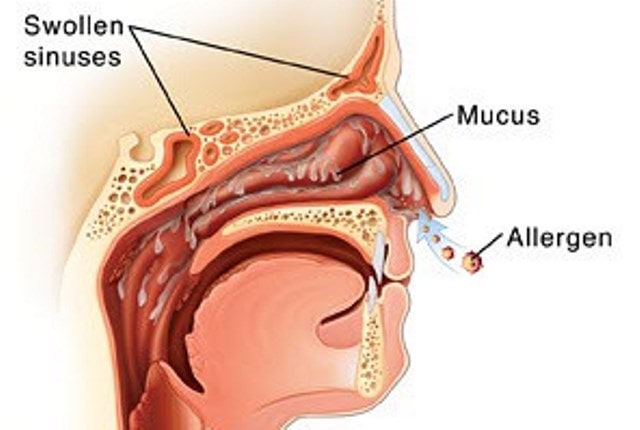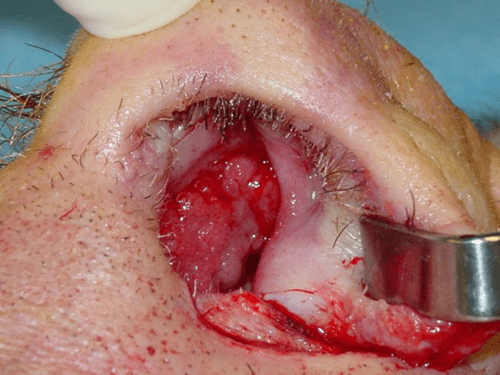When one has a nose that is stuffy, the only thing they wish for is to relieve the stuffiness. What medicine should one use? What is the best medicine for stuffy nose? How is a stuffy or clogged treated? If one is to, what should they take to help unclog a stuffy nose? These are some of the questions that are likely to linger when one has a nose that is stufy. Below you will get to learn about these and other related questions.
How to Treat a Stuffy Nose

There are a number of ways through which a nose that is stuffy e can be treated. Before getting to what is the best medicine to go for, it is important to learn how to treat a stuffy nose at home. This will help especially when we can’t get to a drug store soon enough. In case the medicines administered do not work out, the only option for treating a stuffy or congested nose would be through a medical process such as desensitization or corrective surgery.
If a nose that is stuffy lasts for over two weeks and is accompanied by swollen eyes or forehead, it is time to seek medical attention. Upon examination, the doctor may recommend other forms of treatment other than home remedies. The form adopted will depend on the cause. Below are some ways on how to treat stuffy noses:
One of the medical treatments for a nose that is stuffy is nasal decongestants. These help relief a nose that is stuffy by restricting the flow of blood to the nasal membranes. This helps to restore normal breathing.
A chronic stuffy nose may be caused by an enlargement of inferior nasal turbinates. In normal conditions, the turbinates protrude into the nasal airway to help cleanse, humidify and warm the air.
If there is a chronic enlargement of the turbinates, the protrusion is excessive and leads to nasal obstructions. This leaves one with a stuffy or clogged nose which may impair breathing. They may also cause headaches and make things such as eating and drinking hard.

Since this is an irreversible condition, surgery will have to be done to correct the situation.
A deviated septum may also need surgical correction. This refers to the cartilage membrane found between the nostrils. During birth, it may get dislocated. This will make it obstruct the nasal passage.
Enlarged adenoids are something else that could need surgical intervention to correct. Adenoids are some lymph tissues that are found between the back of your throat and the nose on the upper airway. They are responsible for clearing up bacteria and germs to prevent the body from getting infected. They fight already existing infections too.
At times, the adenoids may get infected and enlarge. In other situations, a person may be born with enlarged adenoids or they may fail to shrink like they are supposed to as one grows up. These may make your nose stuffy.
While antibiotics could be used to treat enlarged adenoids, severe enlargement will lead to chronic clogged nose. To ease this, one will have to undergo surgery to help resume a normal life.
Chronic enlargement of the turbinates is normally accompanied by the symptom of nasal obstruction which tends to affect people throughout
the day. It also affects people when they sleep. A chronic stuffy nose can impair normal tasks such as breathing. This will force the victims to breath through the mouth. In severe cases, this will in turn lead to mouth deformities. The simple acts of speaking, eating and drinking turn into an annoying and sometimes painful experience.
To treat a stuffy or congested nose caused by this, the patient will have to undergo a surgery.
For people who are allergic to certain triggers, the body produces histamine which is supposed to protect the body. These are supposed to defend the body from the allergens. This chemical tends to cause uncomfortable symptoms one of which is a nose that becomes so stuffy.
The condition can be treated using antihistamines, nasal sprays and decongestants. Where it is severe, using immunotherapy which leads to desensitization may help.
Best Medicine for Stuffy Nose or What to Take for Clogged Nose

The best medicine for stuffy nose should have minimal side effects. They should not have any rebound effects. They should also be relevant for the cause of the nose that is stuffy.
Long courses of antibiotics may be helpful in people experiencing a stuffy or congested nose. These can be prescribed after a visit to an ear, nose and throat specialist. If the cause of infection is fungal, antifungal medicines can be used.
Among the best medicine for a clogged nose, there are decongestants. These help to ease congestion by reducing sinus inflammation. This helps to unclog the nose and restore normal breathing. Decongestants also tend to work instantly and come in convenient forms of either sprays or ointments.
Antihistamines help to relieve a nose that is stuffy as a result of an allergic reactions. They help to maintain normal levels of histamine in the body.
Steroids can also be used in the form of nasal sprays or drops. They help reduce inflammation thus get rid of chronic stuffy nose. In severe cases, oral steroids may be recommended. These though have side effects and should not be relied on too much.
Cold Medicine for Stuffy Nose
One of the cold medicines available is Triaminic Cold Stuffy Nose. It is manufactured for oral uses and can help to treat a stuffy or clogged nose.
Phenylephrine oral is another medication that works by decreasing swelling in the nose and ears, thereby lessening discomfort and making it easier to breathe. It comes in the forms of liquid syrup, chewable tablets and dissolvable tablets.
Over the Counter Medicine for Stuffy Nose
Some of the over the counter medicines for stuffy nose are:
- Sudafed: This treats both head and nasal congestion. it contains Pseudoephedrine which is a vasoconstrictor that will shrink swollen blood vessels.
- Oxymetazoline: This comes in the form of a nasal spray and is another vasoconstrictor that shrinks swollen blood vessels
Best OTC Medicine for Stuffy Nose
Sudafed is the most highly rated OTC medicine for a nose that is stuffy. While settling for medication to treat a nose that is stuffy, it is best to consult your health giver first. This is especially important where the patients are children and pregnant women.


